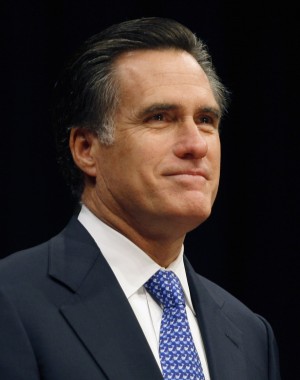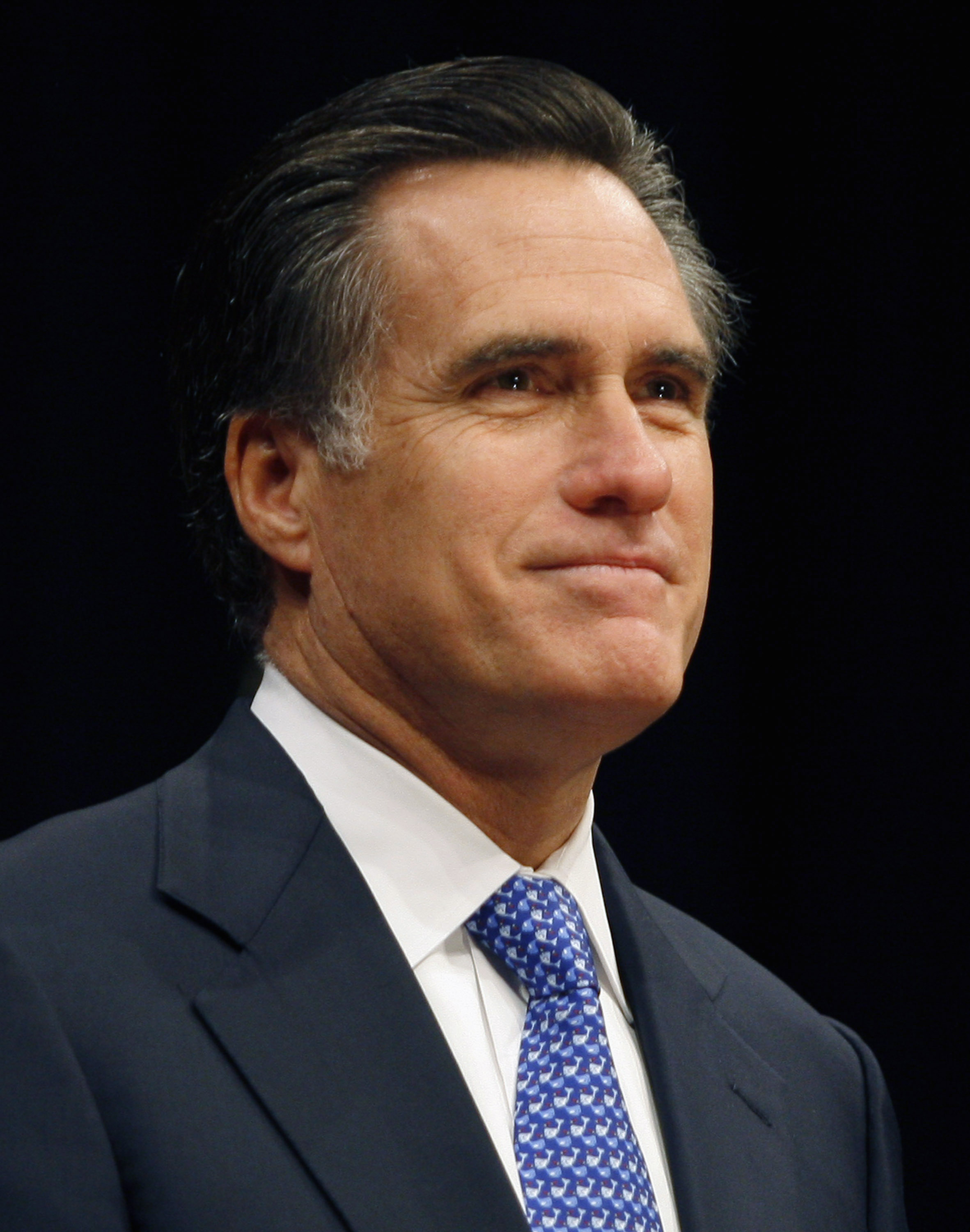Wednesday’s Republican Presidential Debate, hosted by NBC and Politico at Simi Valley, California’s Ronald Reagan Memorial Library, provided viewers with plenty of content, information and insight.
If you didn’t have the chance (or perhaps the stomach) to watch, below is a guide to the candidates and a recap of last night’s action.
Rick Perry, Governor of Texas — Perry has a strong record of job creation in Texas during a weak national economy. A late entry into the race, last night was Perry’s first debate since announcing his candidacy on August 13. Perry’s penchant for controversial remarks, most notably accusing Federal Reserve Chairman Ben Bernanke of treason, have caused voters and pundits to question his electability among independents.
Mitt Romney, former Governor of Massachusetts — Romney has strong credibility on economic issues from his success in the private sector and as Governor. He has long been considered the favorite to win the nomination but has seen his poll numbers slip since Perry’s official entry into the race. The similarity of the Massachusetts government’s health care law to Obama’s health care legislation has made others question his conservative credentials.
Michele Bachmann, Congresswoman from Minnesota — As the leader of the Tea Party caucus, Representative Bachmann has strong support from those on the far right. She became a “top tier” candidate after winning the Iowa Straw Poll in August, but her vitriolic rhetoric has made many in the GOP establishment hesitant to support her.
Newt Gingrich, former Speaker of the House — As the top House Republican during the Clinton years, Gingrich is the Washington establishment. Intelligent, ambitious and a crafty policy wonk, he is genuinely unlikable.
Herman Cain former CEO of Godfather’s Pizza — Cain has no political experience and uses that, as well as his business experience, as a campaign platform. The populist candidate conveys little information on actual policy stances.
Jon Huntsman, former U.S. Ambassador to China, Singapore, and former Governor of Utah — Huntsman has a long, venerable resume and is a fiscal and social moderate who says radical things like “we can’t run from science.” Huntsman’s moderate stances in this highly partisan climate, coupled with the fact that Barack Obama appointed him ambassador, make his candidacy a long shot.
Ron Paul, twelve-term Congressman from Texas — A staunch libertarian who advocates for fairly radical policies including abolishing the Federal Reserve and withdrawing from international affairs. Rep. Paul’s frequent rants are often humorous but not without merit, contributing to the “crazy uncle” vibe that he gives off.
Rick Santorum, Former Senator from Pennsylvania — An outspoken social conservative. Do NOT Google “Santorum.” You have been warned.

Pundits agree that the debate was largely between Romney and Perry, reflecting the likelihood that Republican primary voters will be choosing the nominee from these two men. Early into the debate they sparred over who had a better record of job creation. Perry claimed that Governor Romney had one of the worst job creation records in the country, quipping that Michael Dukakis, former Massachusetts governor/Presidential Candidate/liberal punching bag, grew jobs at a rate three times faster than Romney. Romney quickly retorted that, as governor of Texas, George W. Bush grew jobs at a rate faster than Perry’s.
Perry was clearly on the attack early, going after Romney’s record on health care reform. But the Texan governor’s aggressiveness, coupled with his tendency to make inflammatory statements, raise questions about his ability to appeal to moderates in the primary and independents in the general election. Last night, for instance, he called social security a “Ponzi Scheme.”
Perry also appeared to compare himself to Galileo when the debate moderators asked him about his skepticism of man-made global warming. I sincerely hope whichever staffer told Perry to do that was fired immediately.
Michelle Bachman’s victory in the Iowa Straw Poll last month seems all but forgotten now. She received far fewer questions than Romney and Perry and lacked any memorable quotes or arguments. Her lack of presence indicates that perhaps her popularity is slipping, and that her place as a top tier candidate may be coming to an end.
There was also apparently a contest during the debate over who could compare themselves to President Reagan the most. The winner was unclear.
So who won the debate? If the GOP nomination is going to be fought between Governors Romney and Perry, as the pundits suggest, then Romney won the whole contest by default. He addressed the key issues head-on, appeared more articulate and comfortable on stage than Perry, and delivered several memorable one-liners. He successfully stuck to his talking points and then applied them to the questions, playing up his private-sector and executive experience.
At face value, whether or not Romney had the best showing last night is arguable. However, through a reasonably strong performance coupled with an already strong base of elite and popular support, Romney asserted himself as the Republican that is most qualified to take on President Obama in the general election.
Based on whose performance potentially improved their standing in the primary election, the winners: were Romney, Huntsman, Santorum; the losers, Bachmann, Perry; and Cain, Gingrich, and Paul failed to make much of a mark.

